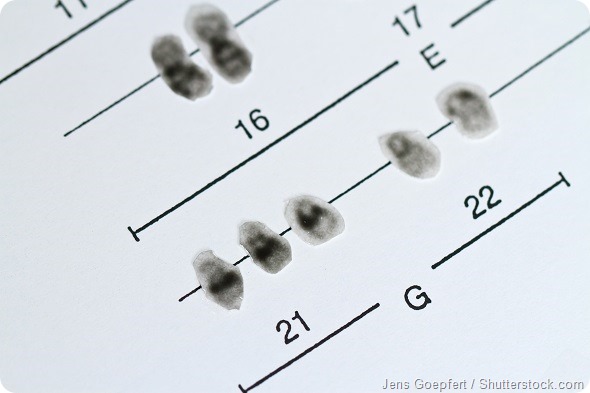By Sally Robertson, BSc
A new prenatal test for Down’s Syndrome may be more effective at diagnosing the condition than the standard screening that is currently used, suggests a study published in the New England Journal of Medicine.
The test involves direct screening of a baby’s genetic profile using a blood sample taken from the mother between the 10th and 14th week of pregnancy. It is based on the knowledge that DNA from a developing fetus circulates in the mother’s blood. The DNA is amplified using a process called polymerase chain reaction (PCR) and then sequenced to compare the relative amounts of DNA in each chromosome. A larger amount of DNA is indicative of certain chromosomal disorders and Down’s Syndrome is characterized by an extra copy of chromosome 21.

Professor of clinical obstetric and gynecology, Mary Norton, (University of California, San Francisco [UCSF]) and colleagues conducted a multicenter, blinded trial of the test across 35 international centers and a population of almost 16,000 expectant mothers. The women underwent NIPT, as well as standard testing, which involves a combined ultrasound scan and blood test. The team then followed the women’s pregnancy outcomes and checked the babies for Down’s Syndrome by performing diagnostic genetic testing or examination of the newborn.
The researchers report that the new test, which is referred to as NIPT (non-invasive prenatal test), correctly identified all 38 cases of Down’s Syndrome, while standard screening only picked up 30 cases. The NIPT is around 99% accurate in identifying Down’s Syndrome, whereas the standard testing only offers an accuracy rate of 84 to 90%.
Furthermore, NIPT resulted in significantly less false positives than standard testing, with nine false negatives detected using NIPT and 854 detected using standard screening.
The increased accuracy of NIPT means less women would be unnecessarily referred for invasive tests (amniocentesis or chorionic villus sampling) to confirm suspected cases of Down’s Syndrome. These invasive tests, which involve inserting a needle into the womb to take a sample of the baby’s genetic material, are associated with a 0.5% risk of miscarriage.
Great Ormond Street Hospital (GOSH) has now approved NIPT and has started offering it to women in London and Professor Lyn Chitty from the hospital has been assessing the possibility of introducing it across the NHS: “I think it broadens access to testing,” she says…
a number of women will decline invasive testing because of the risk of miscarriage and they may well take up non-invasive prenatal testing.
Lucy Jenkins, Interim Director of the North East Thames Regional Genetic Service at GOSH says the test offers expectant mothers greater accuracy, as well as reducing the anxiety and risk associated with invasive testing.
“We are delighted to be the first laboratory in the country to offer this service to NHS hospitals,” says Jenkins.
Sources